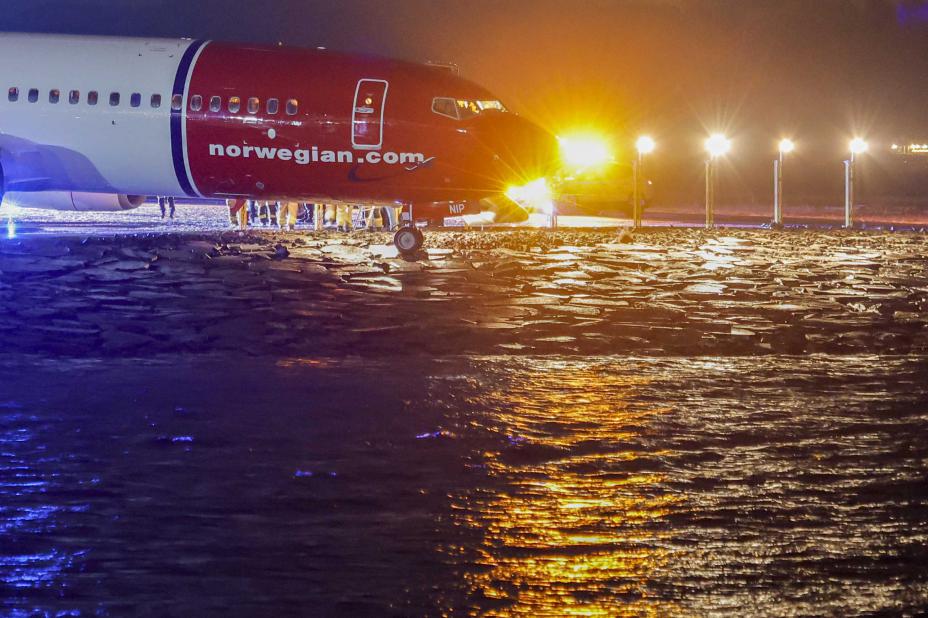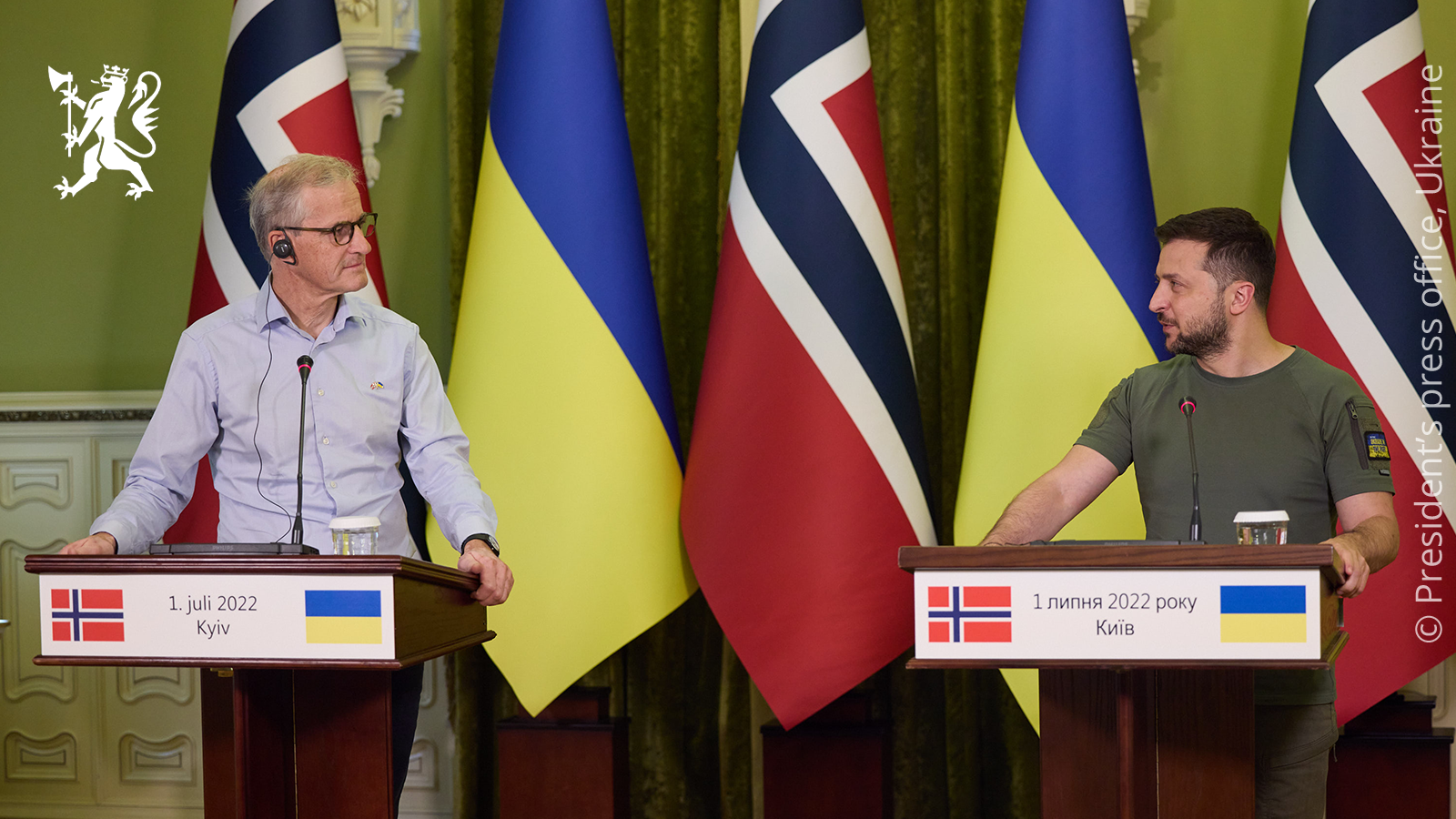Travel
Tourist fined $2000 for ‘disturbing’ walrus encounter

The tourist, allegedly from Poland, was fined for getting dangerously close to the walrus. Photo / Governor of Svalbard
A man has been fined almost $2000 for disturbing a walrus in Norway’s remote Arctic islands.
The disrespectful tourist was brought to the attention of authorities after members of the public shared photos of the man approaching the animal on the ice floe in Isfjorden on Svalbard’s Spitsbergen island.
The man, reportedly from Poland, was attempting to get a photo of the giant tusked sea lion.
On Thursday, the Governor of Svalbard issued a statement saying it had issued a fine of 12,500 kroner ($2000) for disturbing the animal, which was lying on the ice.
“The man went out on to an ice floe in the innermost part of Adventbukta and disturbed a walrus that was lying on the ice,” the Governor’s office said.
The incident was also witnessed by several local government employees.
Under the Svalbard Environment Act, “all traffic on Svalbard must take place in a way that does not lead to unnecessary disturbance of wildlife”.
The Governor encouraged visitors to keep a distance from walruses to prevent disturbance to wildlife and danger to people.
Svalbard tightens rules for cruise passengers in fragile islands
Tourists are encouraged to maintain a distance of at least 150m from walruses while in motor craft, and at least 30m at all times.
The Environment Act, which was introduced in 2001, was recently tightened by the Norwegian Ministry of Climate and Environment.
“Climate change together with increased activity has resulted in a great pressure on the vulnerable arctic wildlife and nature in Svalbard,” said Norway’s Minister of Climate and Environment, Andreas Bjelland Eriksen.
In February the government reduced the number of landing sites in Svalbard from 240 to only 43 and increased the distance tourists should maintain from Arctic animals.
Tourists are now to maintain a distance of 500m from the islands’ 3500 polar bears.
Svalbard is home to around a tenth of the world’s population of the endangered Arctic bears.
With an uptick in visitation since 1990, tourist arrivals doubled in the decade prior to the Covid-19 pandemic, to about 80,000 annual arrivals.





